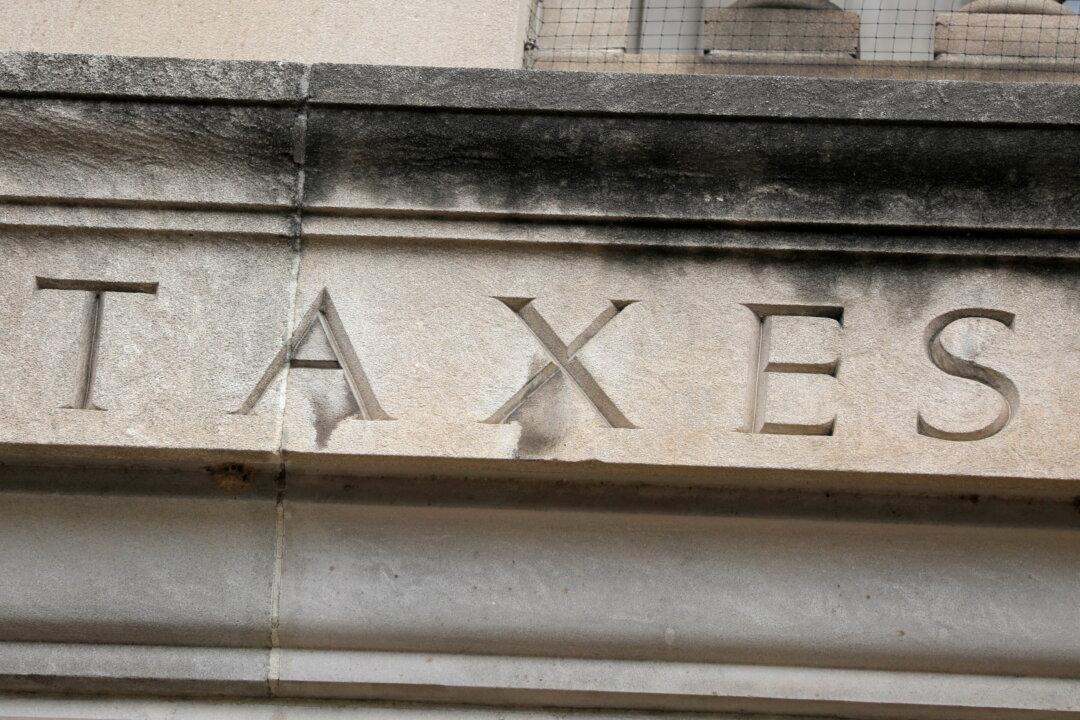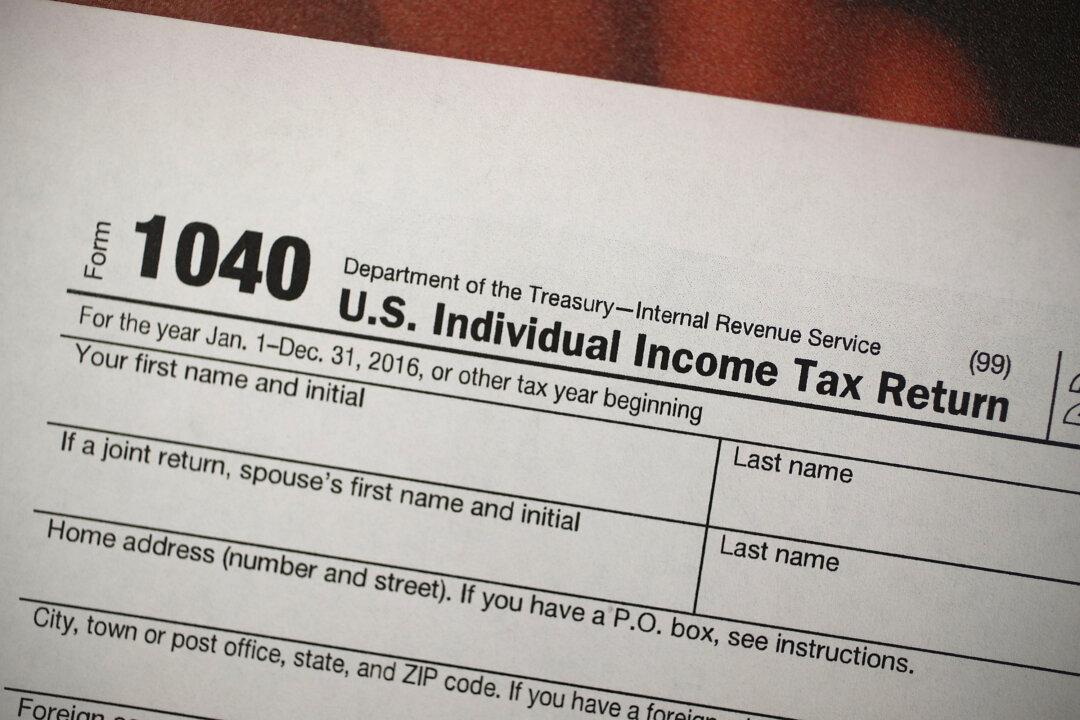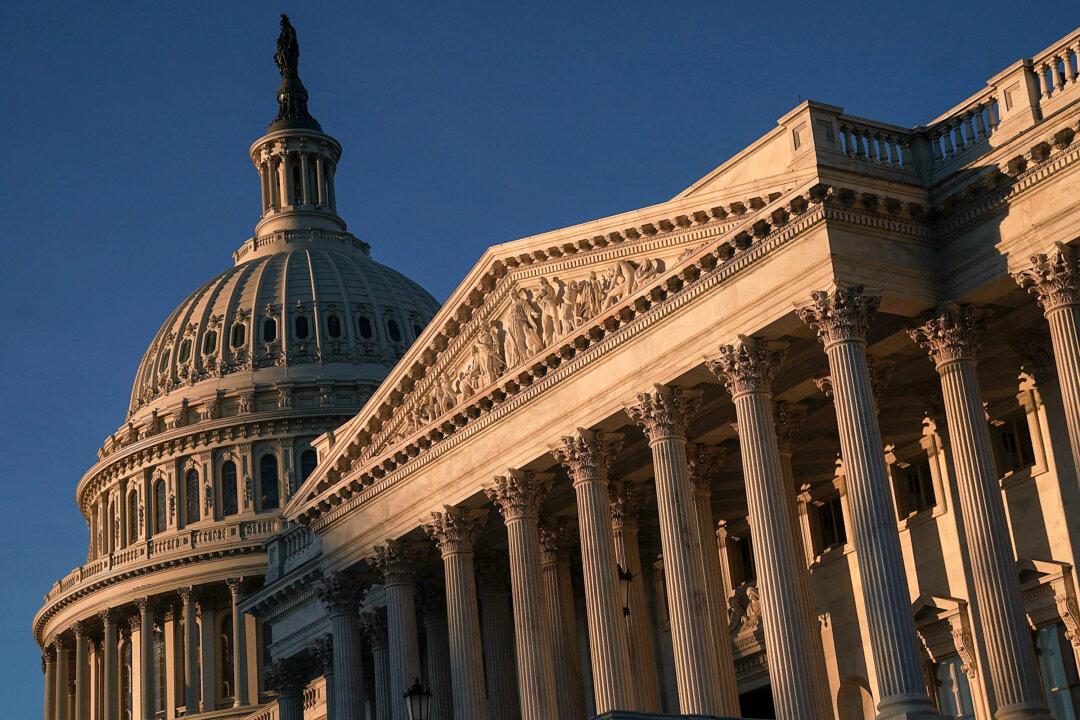Commentary
For some time now, California has been the worst state in the country when it comes to exploiting the most tangential of connections to claim tax liability. Recently, the state reasserted its claim to this dubious distinction by attempting to claim the right to tax the sale of partnership interests by nonresidents.




